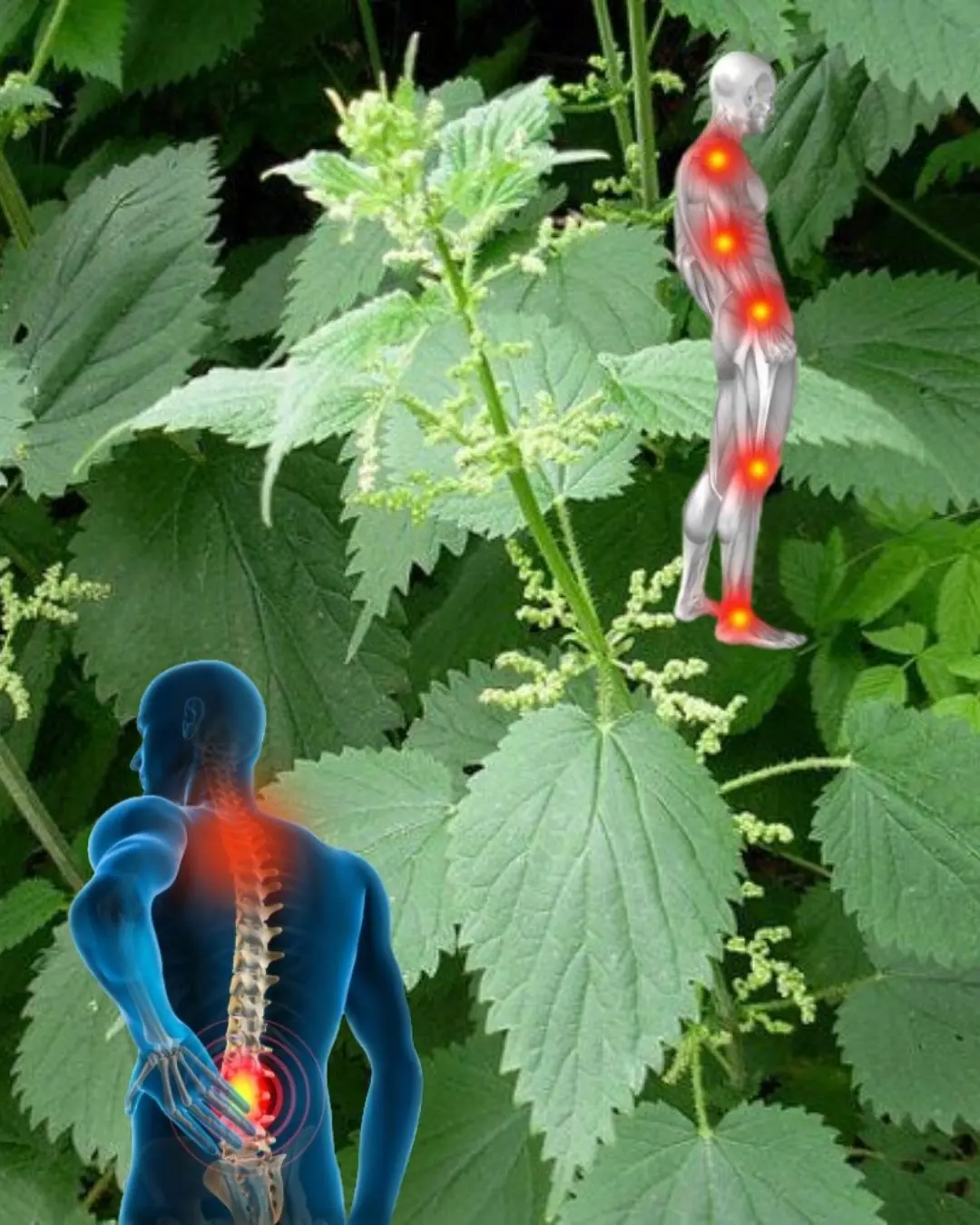
🦷 Understanding Tooth Decay and Remineralization
Tooth decay begins when acids produced by bacteria in the mouth erode the enamel, the hard outer layer of the tooth. In the early stages, this process can be halted or even reversed through remineralization, where minerals like calcium and phosphate are redeposited into the enamel. This natural repair process is supported by factors such as saliva, diet, and oral hygiene practices.
🛠️ Strategies to Support Tooth Remineralization
1. Maintain Good Oral Hygiene
Brushing your teeth twice a day with fluoride toothpaste and flossing daily helps remove plaque and bacteria, creating an environment conducive to remineralization. Fluoride strengthens enamel and can aid in reversing early tooth decay.
2. Limit Sugar Intake
Reducing the consumption of sugary foods and drinks minimizes acid production in the mouth, which can erode enamel and promote tooth decay. It's also beneficial to avoid frequent snacking, as it gives saliva time to neutralize acids and remineralize enamel.
3. Consume a Nutrient-Rich Diet
Incorporate foods high in calcium, vitamin D, and phosphorus, such as dairy products, leafy greens, and fish, to support tooth health. These nutrients are essential for remineralization and maintaining strong enamel.
4. Chew Sugar-Free Gum
Chewing sugar-free gum, especially those containing xylitol, can stimulate saliva production, which helps neutralize acids and wash away food particles, promoting remineralization.
5. Practice Oil Pulling
Oil pulling involves swishing a tablespoon of coconut or sesame oil in your mouth for about 20 minutes, then spitting it out. This practice may reduce harmful bacteria and plaque, supporting overall oral health.
6. Use Fluoride Treatments
Applying fluoride varnishes or gels, as recommended by a dentist, can provide additional protection and support the remineralization of enamel.
⚠️ Important Considerations
While these practices can support oral health and help prevent further decay, they are not substitutes for professional dental care. If you suspect you have a cavity, it's crucial to consult a dentist for appropriate treatment. Early detection and intervention are key to preserving tooth health.
Incorporating these strategies into your daily routine can contribute to better oral health and may help prevent the progression of early tooth decay. Remember, maintaining regular dental check-ups is essential for optimal oral hygiene.
News in the same category


Pokeweed (Phytolacca americana): A Toxic Plant to Avoid
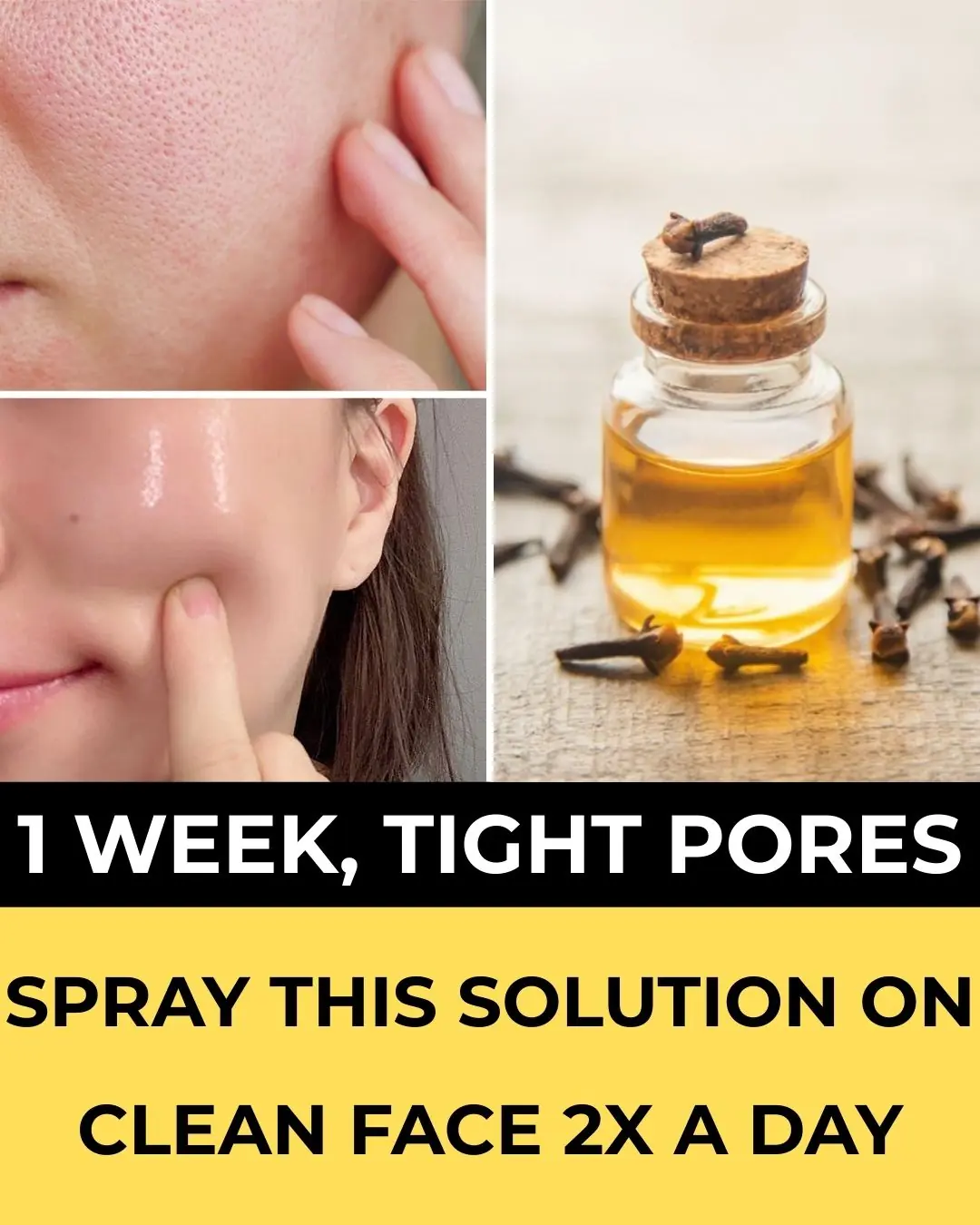
Aloe Vera and Clove Toner: A Natural Remedy for Aging Signs
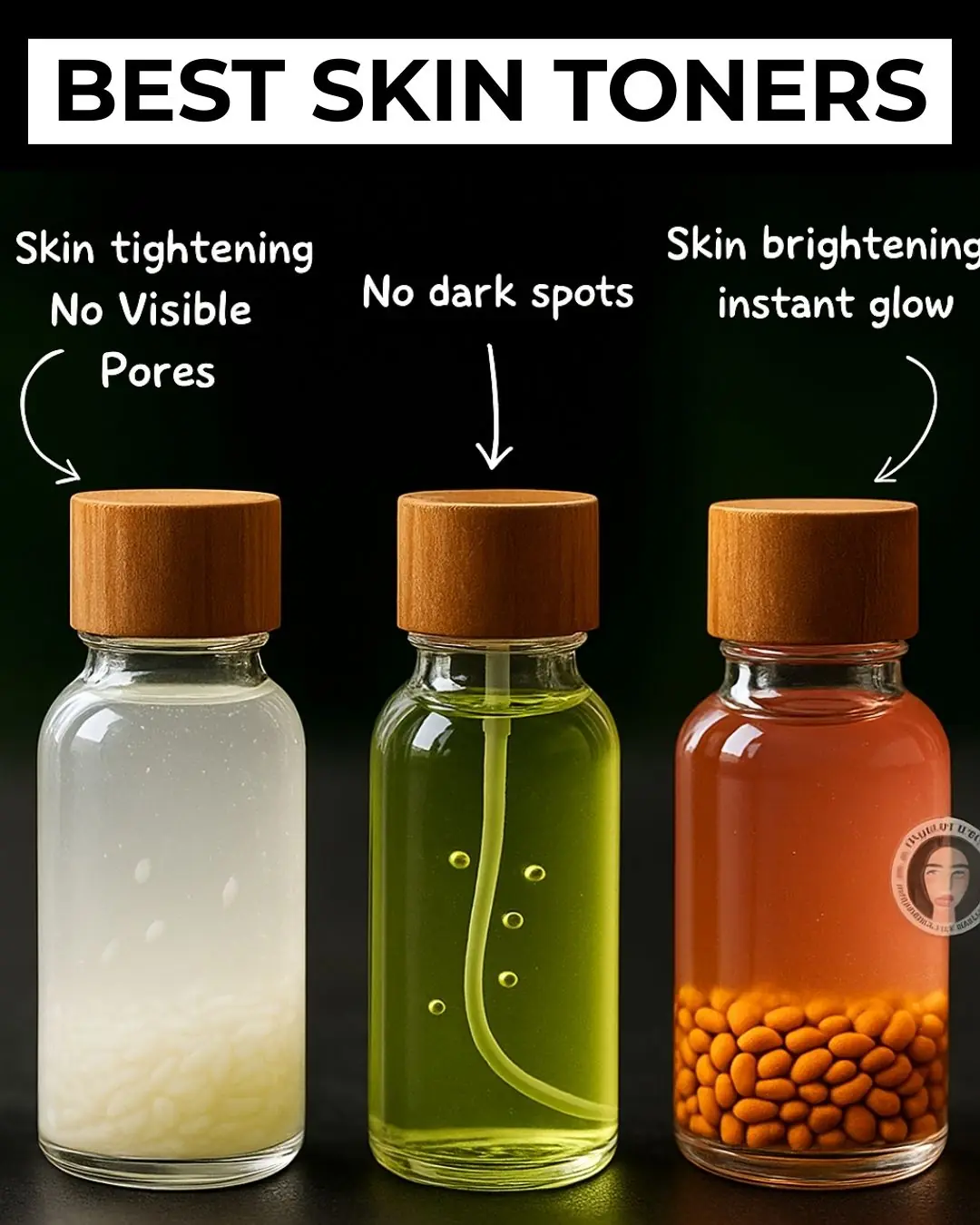
5 Homemade Skin Toners for Glowing Skin, Acne, and Dark Spots

30+ Enriched Reasons to Embrace Purslane (Portulaca oleracea)

12 Enhanced Benefits of Bull Thistle Root & How to Use It Naturally

Chromolaena Odorata: 15 Reasons to Explore Its Potential Benefits and Risks
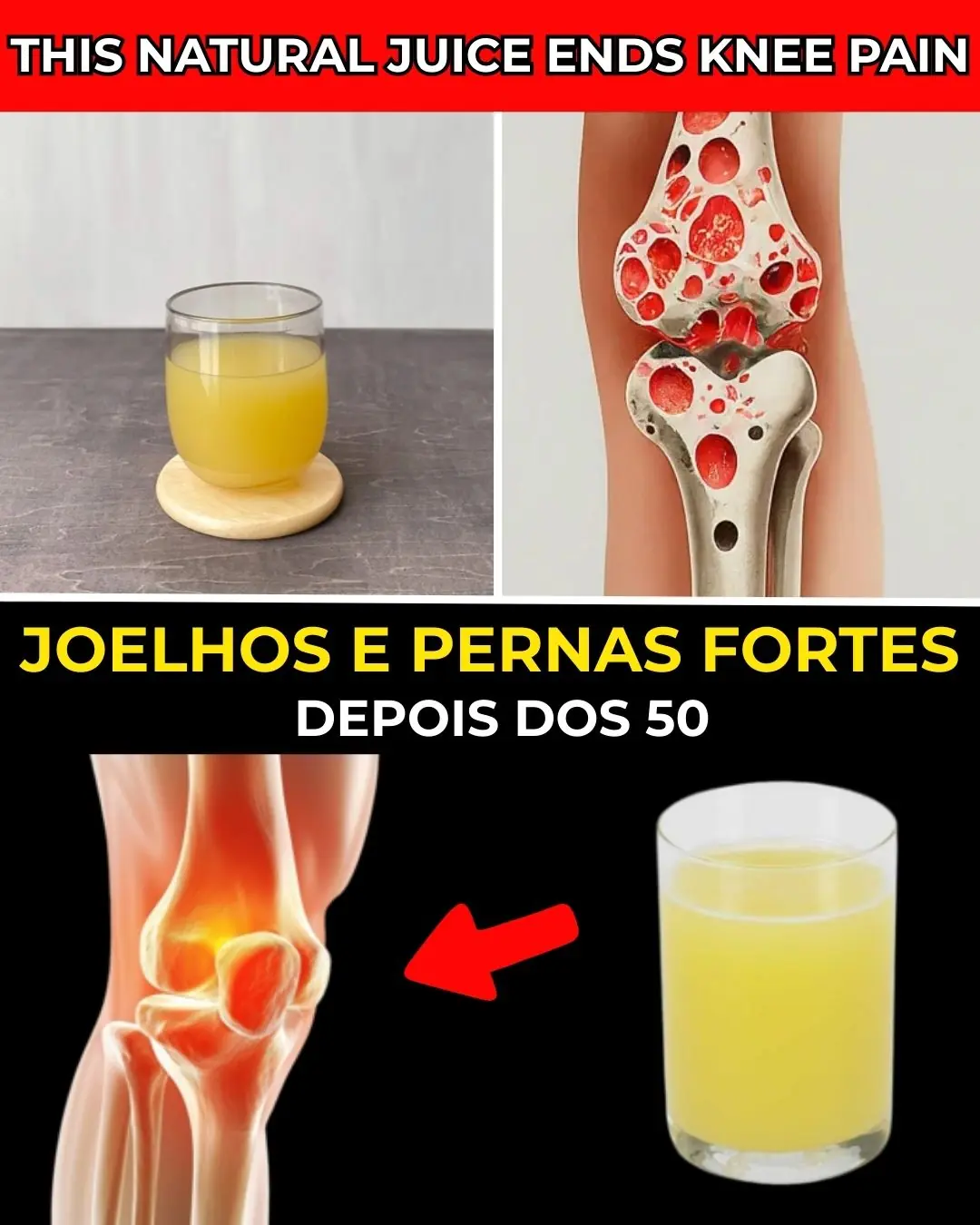
Natural Juice Blends to Support Joint and Bone Health After Age 50 (Enhanced with Extra Benefits)

10 Nourishing Homemade Potato Face Packs (Enhanced with Extra Benefits)
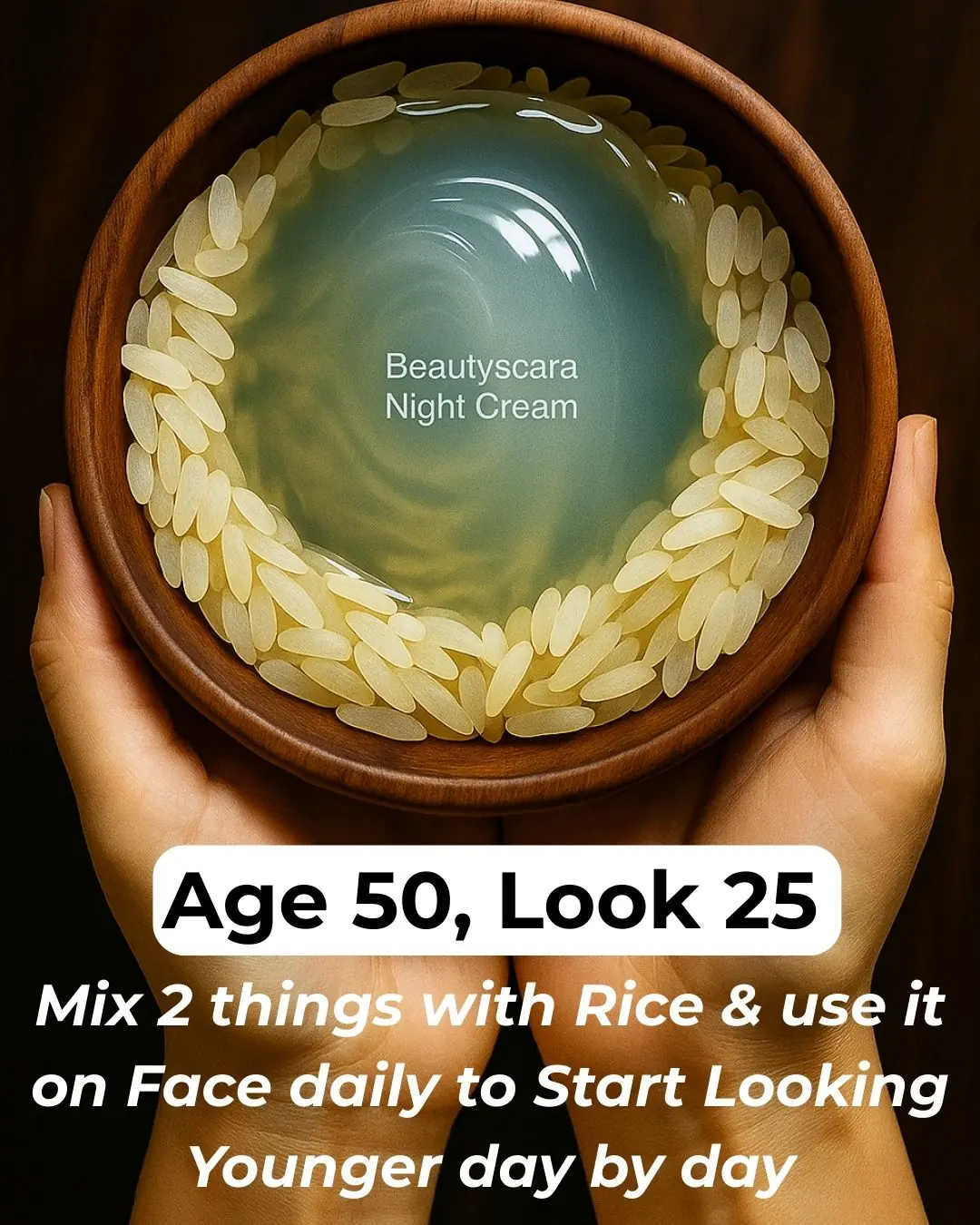
Homemade Rice & Flaxseed Night Cream for Radiant, Youthful Skin

Pokeweed: The Attractive but Highly Toxic Plant Growing in Your Backyard

Goosegrass: Health Benefits and Uses

The Powerful Health Benefits of Lipton, Cloves, and Ginger Tea Every Woman Should Know

The Miracle Tree: 16 Health Benefits of Moringa & How to Use It
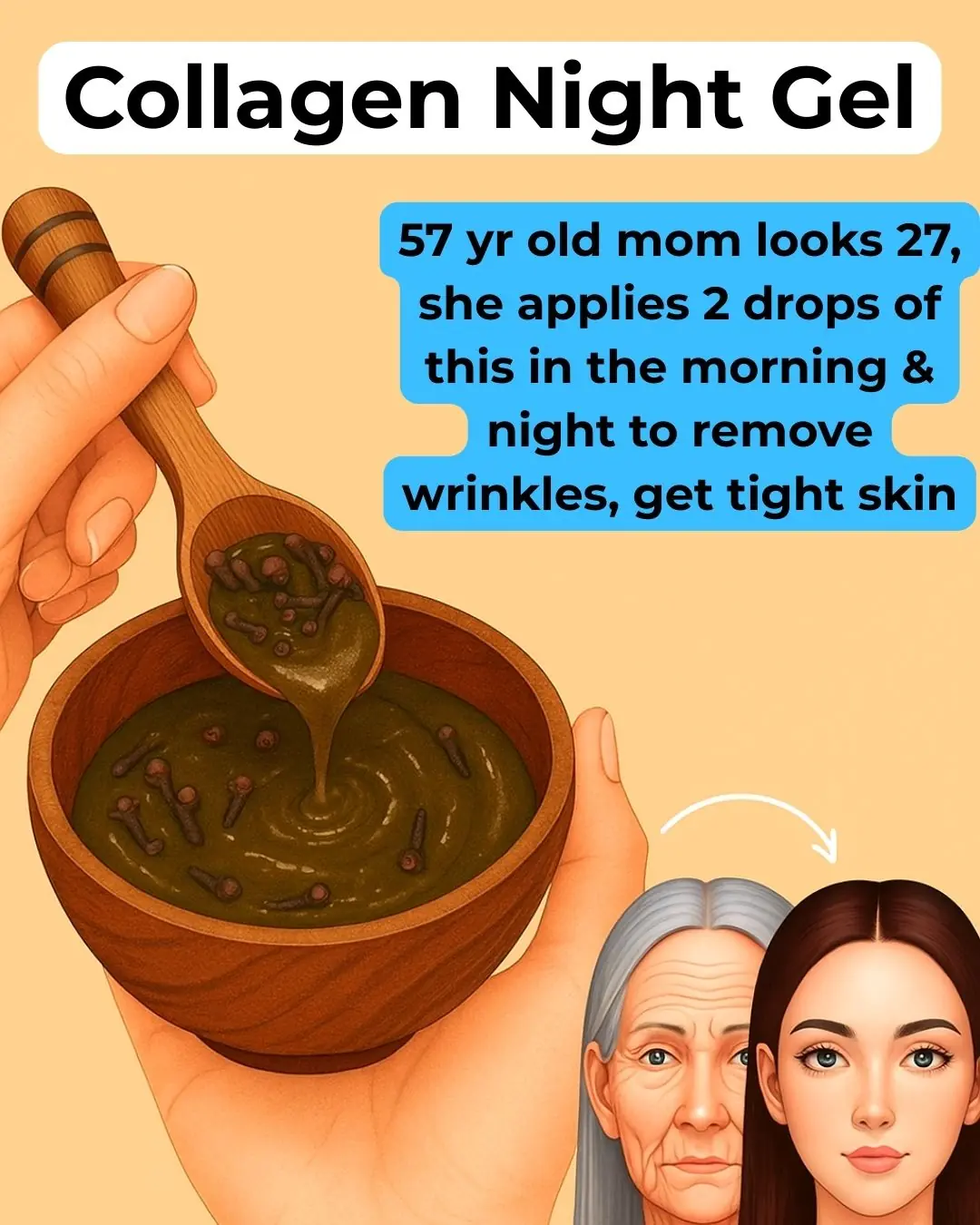
Clove Collagen Gel : Night Gel For A Smooth & Tight Skin

Transform your skin with fenugreek seeds
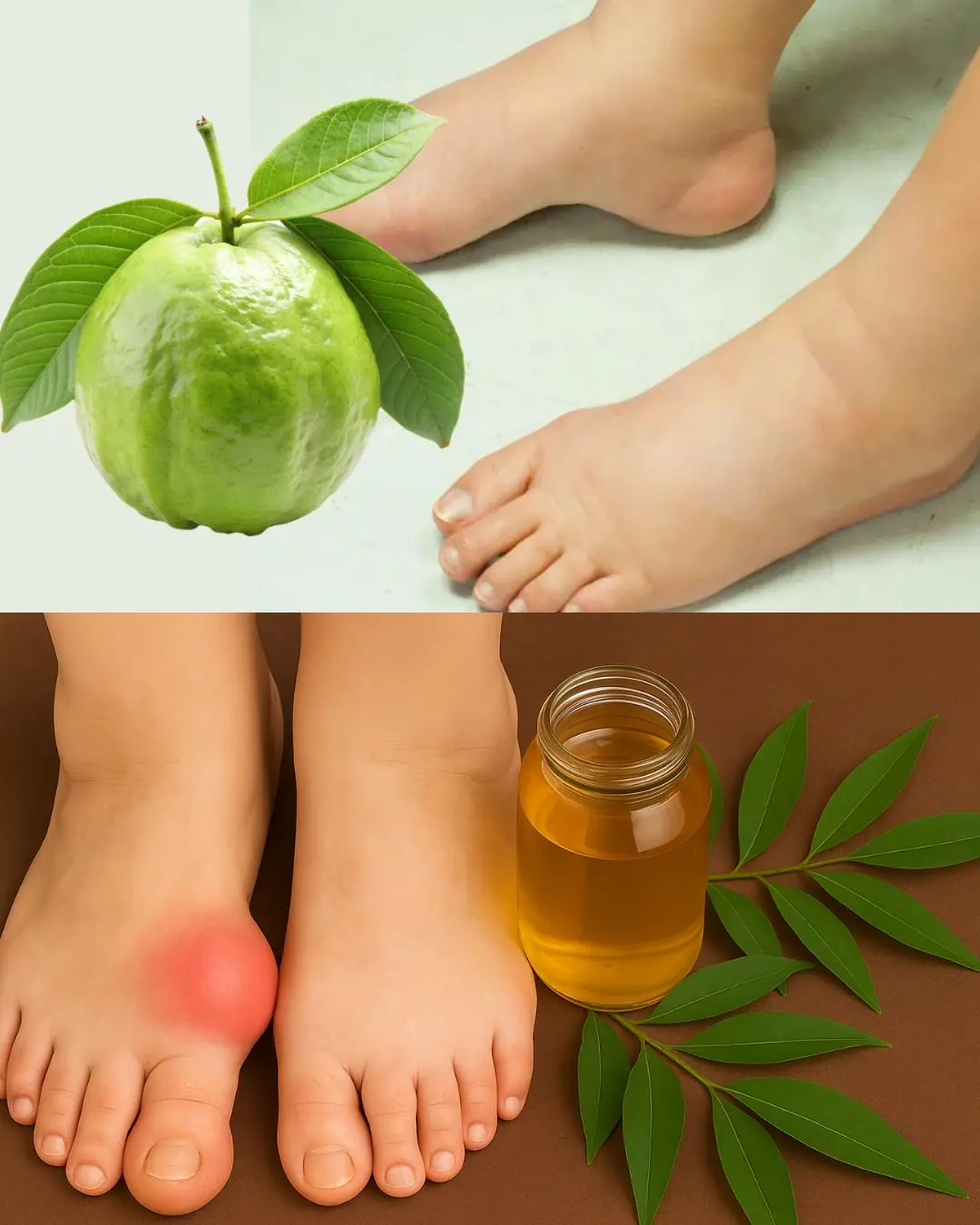
🍃 Say Goodbye to Bloating with the Japanese Guava Leaf Remedy: A Natural Solution for Water Retention 🌿
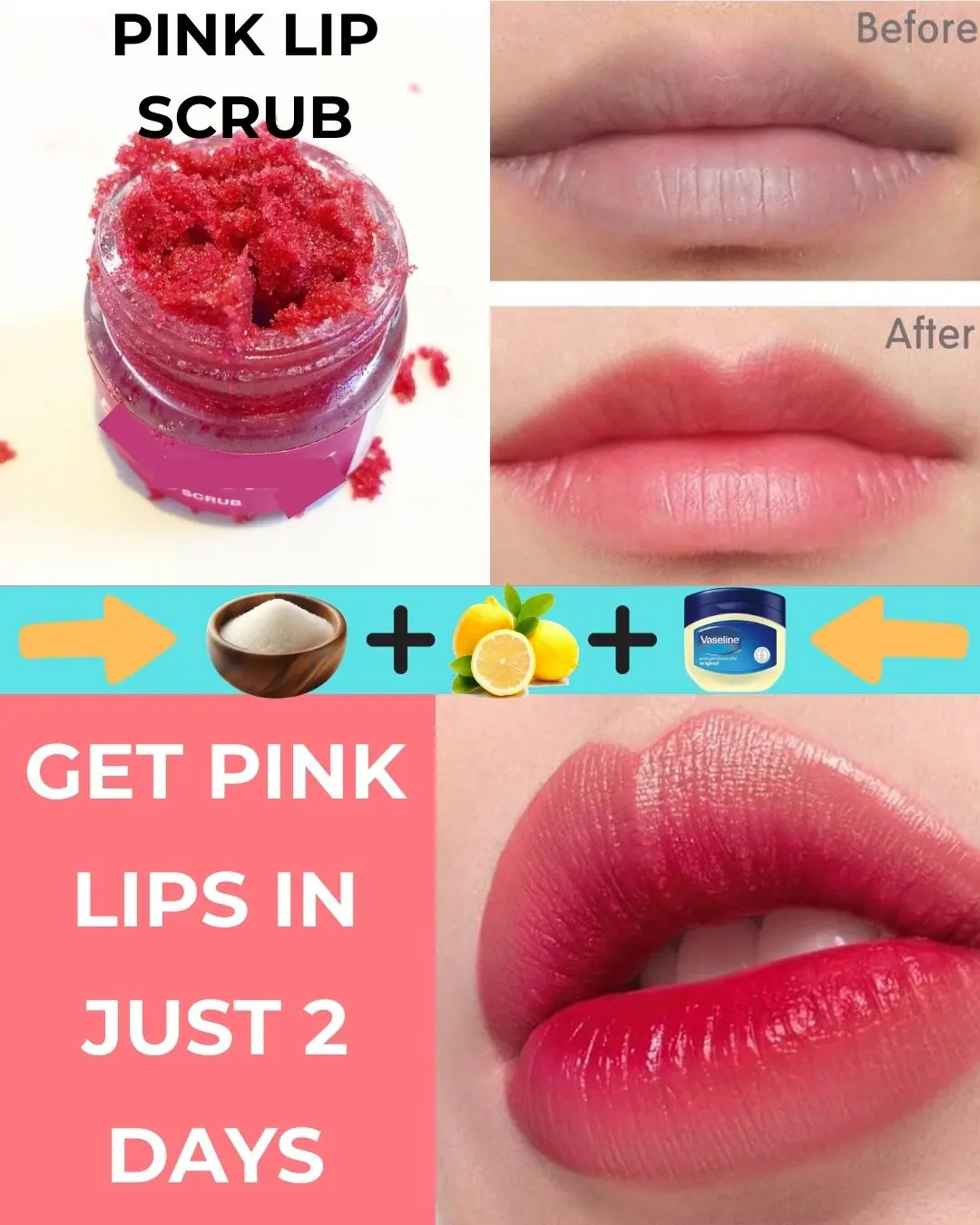
💋 DIY Lip Scrub: Achieve Soft, Pink Lips Naturally
News Post

Bizarre truth behind viral Tennessee truck stop that's impossible to visit
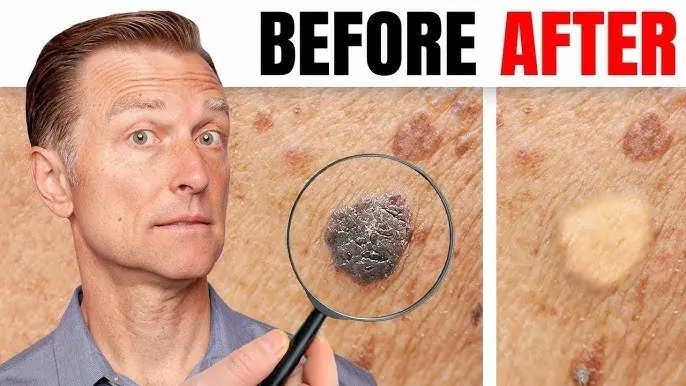
You Won’t Believe How Easy It Is To Get Rid Of Warts And Skin Tags With This Trick
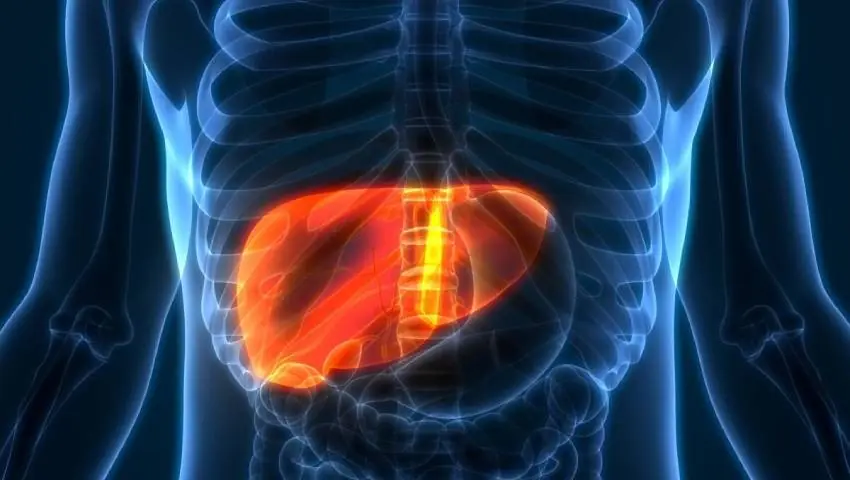
Early Signs of Liver Damage You Shouldn’t Ignore

Wrinkles Aren’t Just a Sign of Aging – Here’s What’s REALLY Causing Them

Drift Off in Under Two Minutes with This Military-Approved Sleep Technique
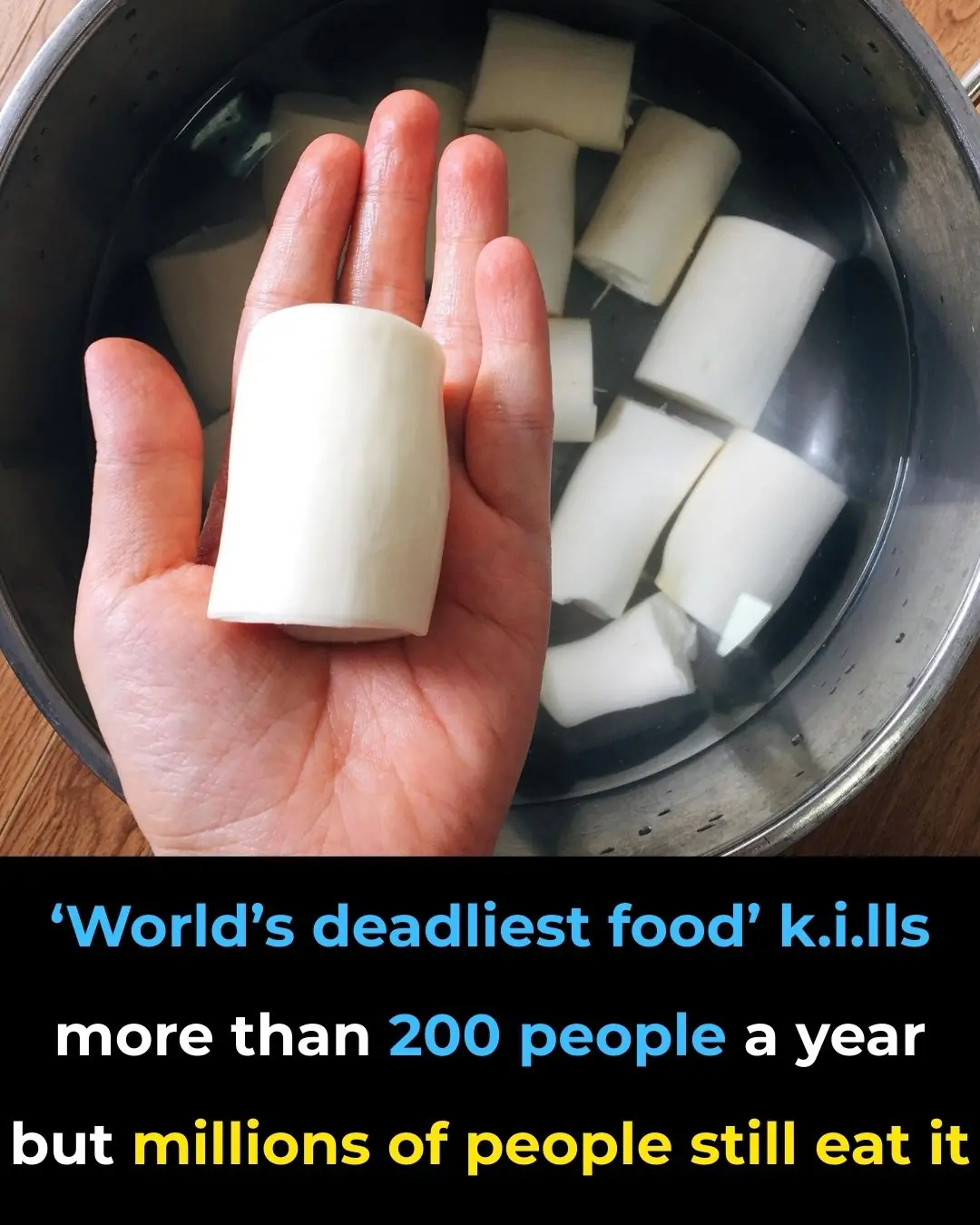
This is World’s ‘Most Lethal’ Food That Claims 200 Lives Annually

The danger of storing this in the refrigerator: a common habit that can affect your health

There is one thing you must unplug every time it rains or thunders
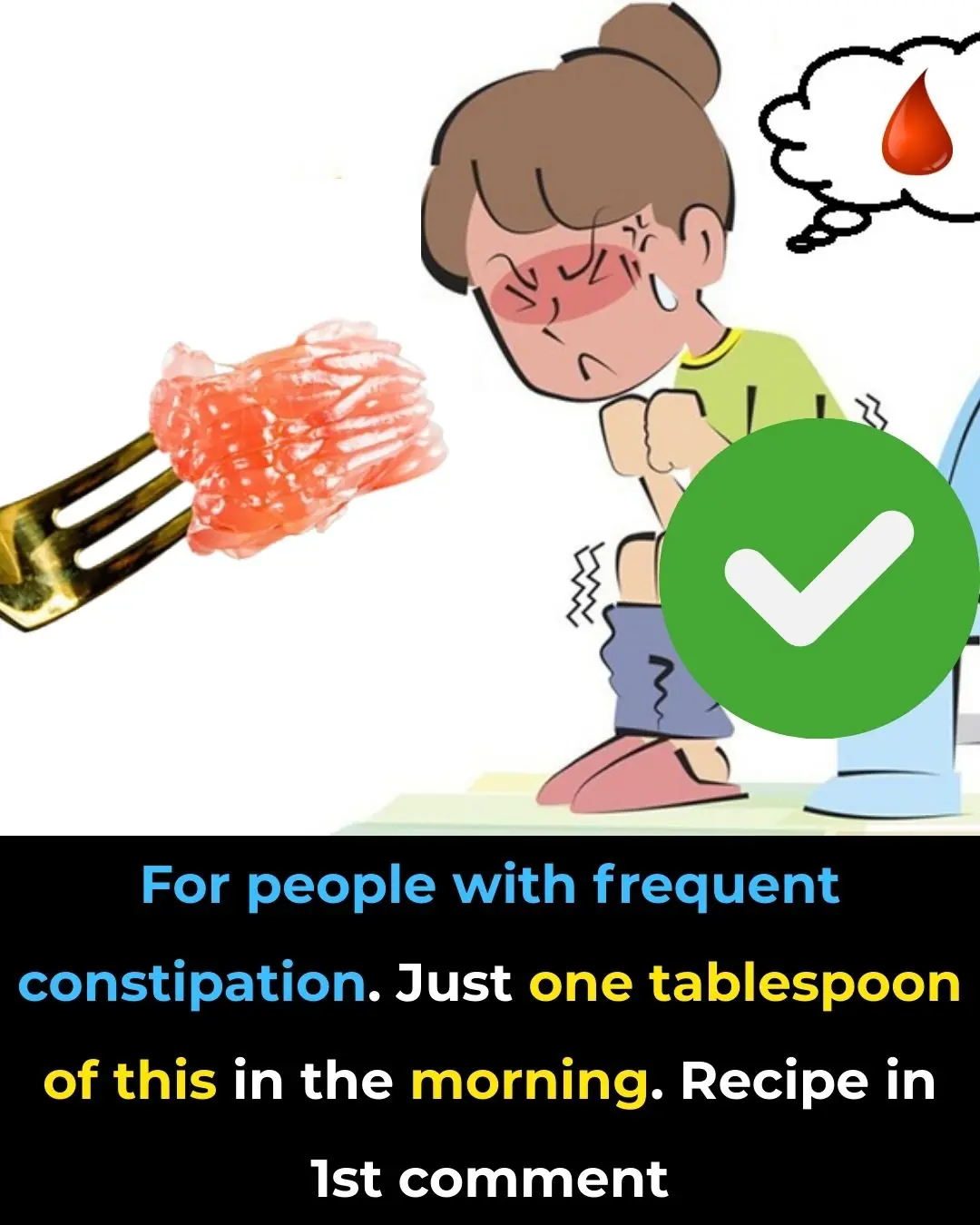
Just one spoon and you’ll run to the bathroom
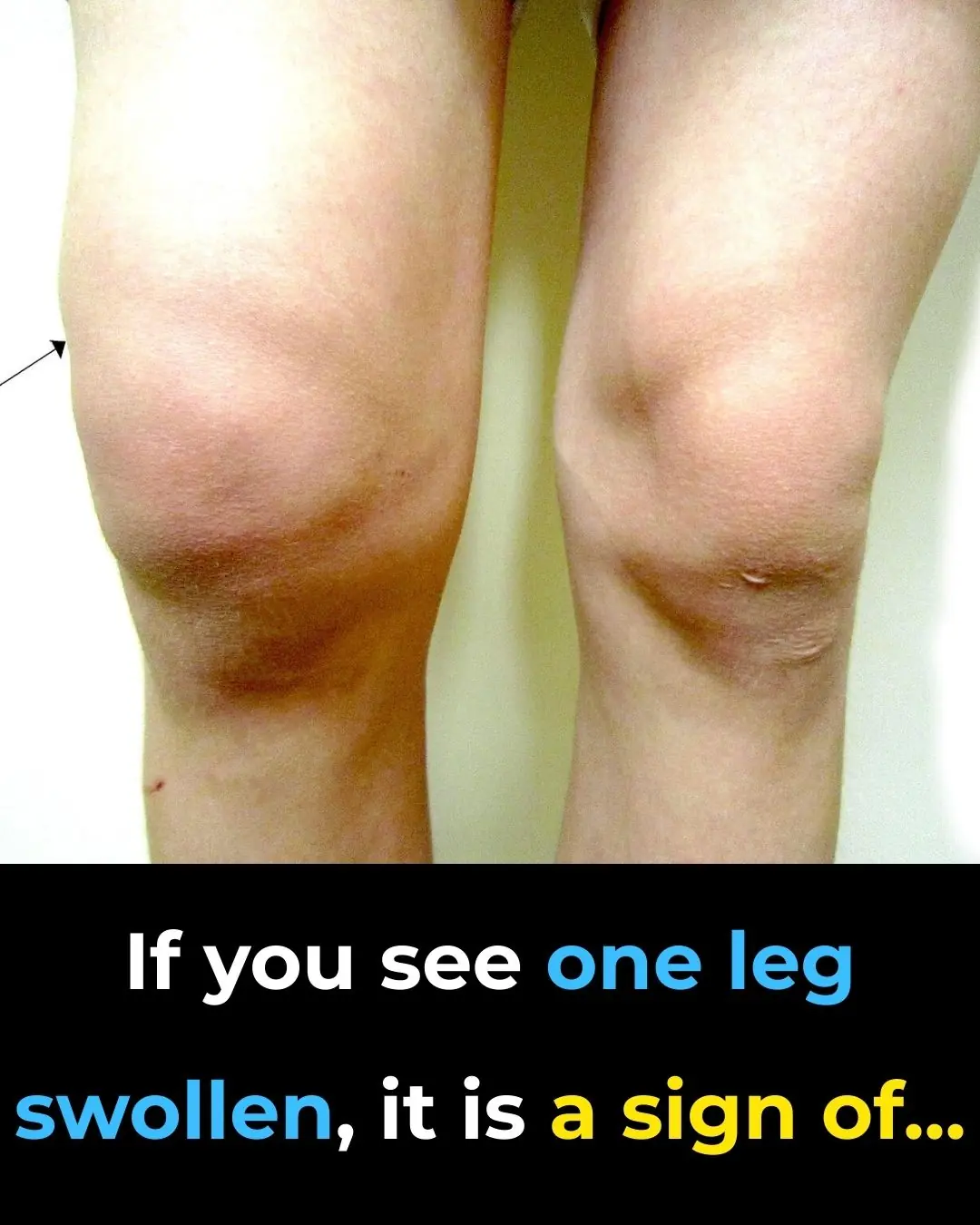
Why Is One Knee Swollen but Not the Other?

A1c Testing in EDs Can Spot Undiagnosed Diabetes Cases
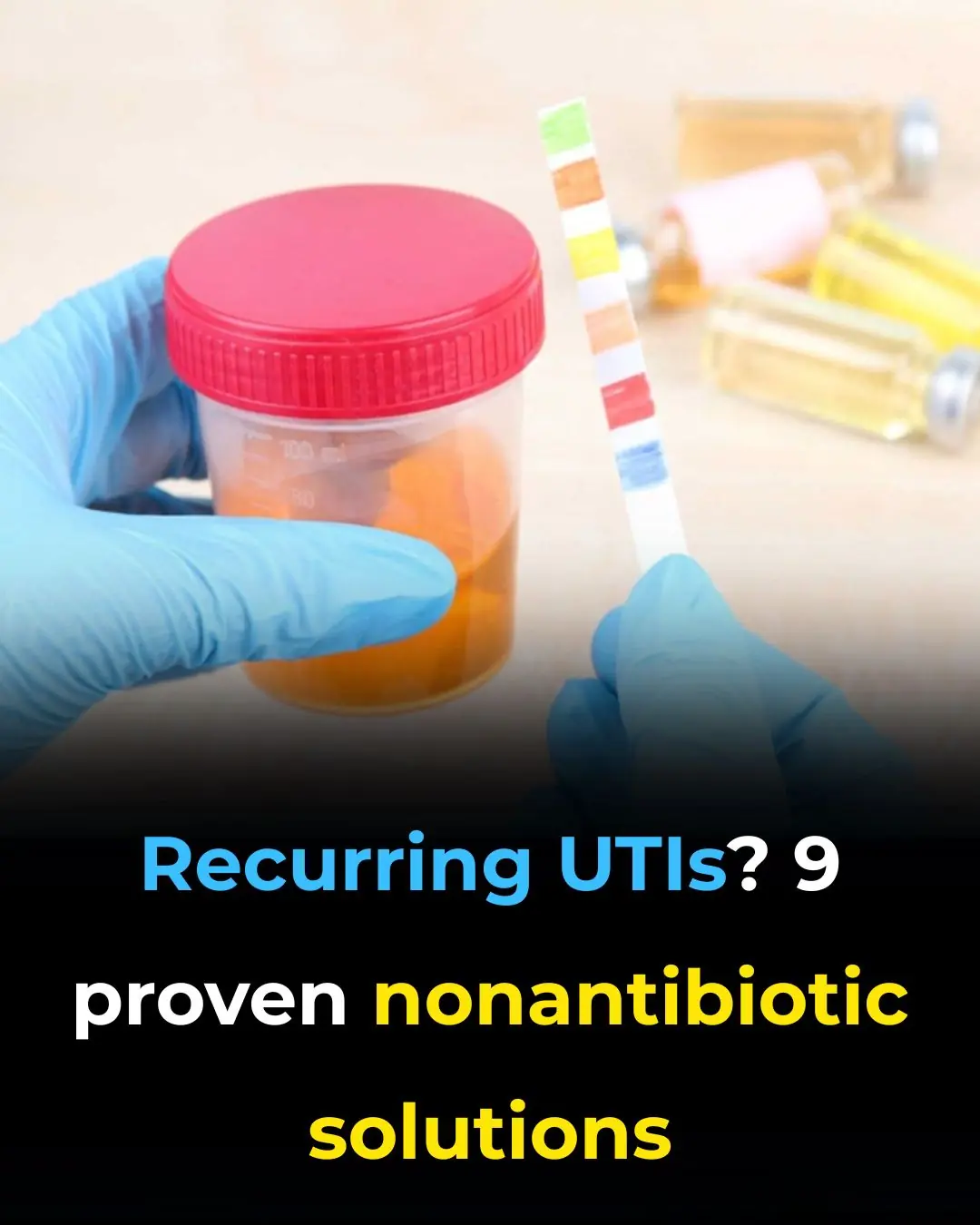
Recurring UTIs? 9 Proven Nonantibiotic Solutions

10 powerful plants to eliminate excess mucus and phlegm naturally

Spot these 10 warning signs of a stroke one week before

🧄 Health Benefits of Eating Raw Garlic Daily

🌿 Stinging Nettle (Urtica dioica): 17 Remarkable Benefits You Should Know

Pokeweed (Phytolacca americana): A Toxic Plant to Avoid

Aloe Vera and Clove Toner: A Natural Remedy for Aging Signs
